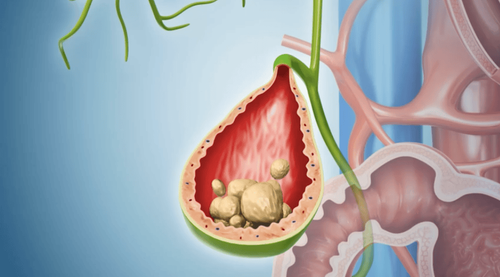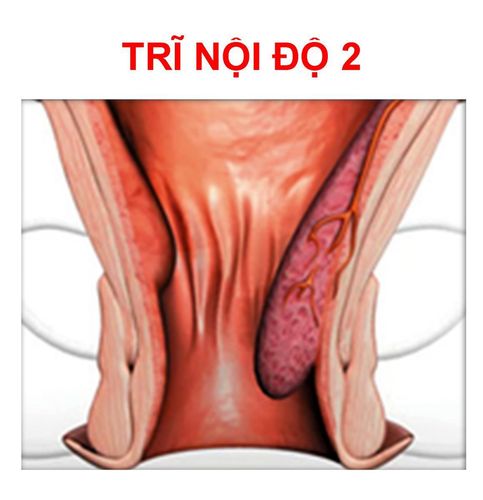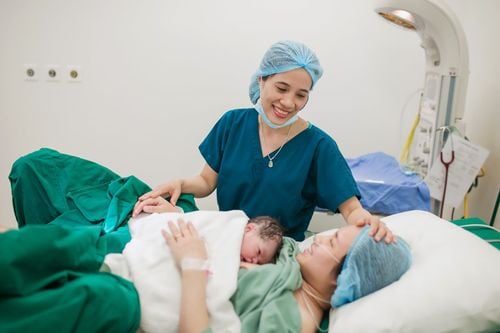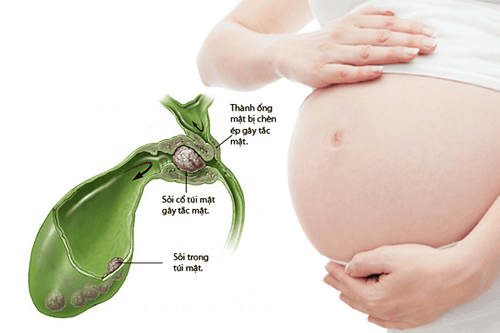Intestinal adhesion after appendiceal surgery is not uncommon for many patients. This complication can lead to many digestive problems, namely constipation, or fertility problems for women. Therefore, understanding the cause and finding preventive measures for intestinal adhesion is of great importance
1. What is post-surgery intestinal adhesion?
After surgery to remove the appendix, intestinal adhesion, either complete or partial, may occur. Another more severe complication is peritonitis. adhesion due to intestinal adhesion is the most common and is a dangerous complication, here are some health risks associated with it:
- causes blockage of food in the intestine, cutting off blood supply to the intestine.
- Causes difficulty with urination, defecation, abdominal pain, and distention
- Can develop to necrotic intestines in some cases
- Menstrual dysregulation, causing infertility in women
2. Risk factors for intestinal adhesion after appendiceal surgery?
Anyone who has undergone abdominal surgery is at risk of intestinal adhesion. However, some people are at higher risk, these are the risk factors:
- Prior abdominal surgery (C-section, ectopic pregnancy, kidney stones, gallbladder surgery)
- Currently undergoing treatment for abdominal abscess or surgical site infection
- History of bleeding in the abdomen, or endometriosis
3. Signs of intestinal adhesion after appendiceal surgery
If intestinal adhesion occurs after surgery to remove the appendix, the following signs may be present:
- Abdominal pain that comes in waves
- If the adhesion is near the liver, sharp pain is noticed during breathing in
- When the patient rotates their body, or reaching for an object at height, pain is pronounced
- Pain during sexual intercourse if the adhesion is close to the vaginal canal
- Poor appetite, nausea and/or vomiting
4. How to diagnose intestinal adhesion after appendiceal surgery
To diagnose intestinal adhesion with certainty, the following tests may be performed
- Ultrasound and X-ray to determine the location of the adhesion (small or large intestine)
- CT scan to find evidence of adhesion on the outside of the intestine
- MRI: to accurately visualize whether the adhesion is on the inside or outside of the intestine and whether it affects other organs, like the uterus
- Endoscopy of the abdomen or uterus
Patients may rest assured that these tests are highly accurate and reliable
5. How to treat intestinal adhesion
For intestinal adhesion after appendiceal surgery, seeking medical care at a reputable facility is of utmost importance. Typically, another surgery or procedure to resolve the adhesion is required.
Since each case differs from the next, a surgeon will determine the exact treatment appropriate for the patient based on the exact cause.
Intestinal adhesion after appendiceal surgery is a serious, life-threatening complication that must be treated promptly. Therefore, close monitoring at a medical facility is essential after surgery. If any of the signs mentioned above is present, contact a physician immediately to be treated.
To arrange an appointment, please call HOTLINE or make your reservation directly HERE. You may also download the MyVinmec app to schedule appointments faster and manage your reservations more conveniently.













